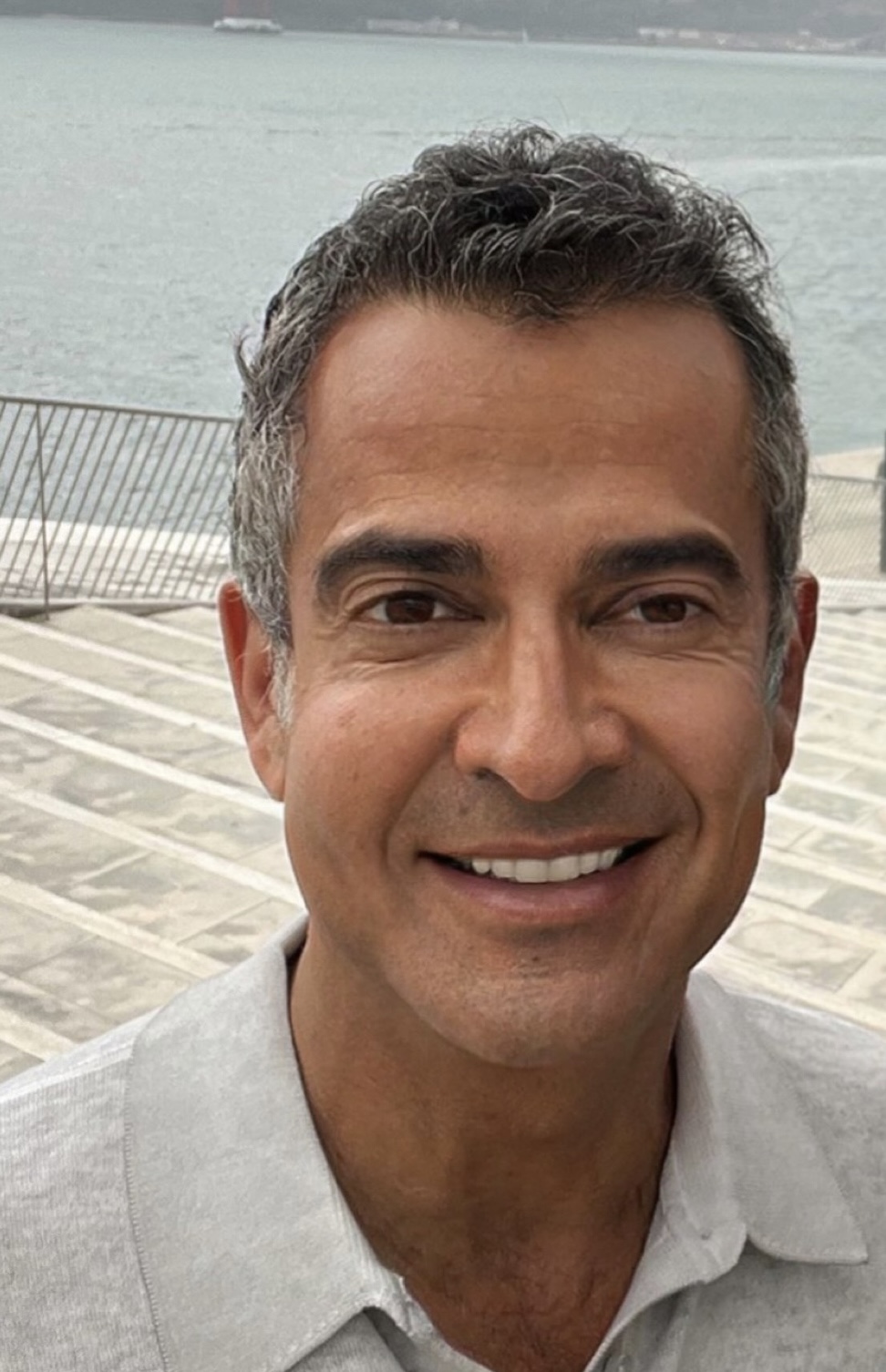There are times when we say ‘Yes,’ but secretly mean ‘Oh no. Do I have to?” We tell ourselves that we’re doing it for someone else’s sake, but when your ‘Yes’ is weak or inauthentic, everyone will suffer. To meaningfully accept any request or invitation we must always feel able to powerfully say ‘No!’
The actor, Jane Fonda, wrote “It took me 60 years to realize that “no” is a complete sentence.” Are there any areas of your life where you don’t feel completely able to say “No.” Perhaps a colleague asked you to help them over a weekend, your mother invited you over for lunch two Sundays in a row, or a good friend invited you to celebrate their third wedding?
If we feel we can’t say ‘No’ (even if it’s just a feeling, because, of course, we nearly always can) then our ‘Yes’ does not feel like a choice. If it’s not my choice, then I must be doing it because you made me do it. If you made me do it, I am not responsible -you are. The logic is vaguely absurd, but it feels better to us than the truth: I am weak and not my word and what’s more, I am going to subtly punish you for making me do something I don’t really want to.
There’s nothing wrong with altruism, of course, but when we say ‘Yes’ because we’re too weak to say ‘not this time or ‘No, not right now or just plain ‘No,’ we are effectively making our own weak ‘Yes’ mean ‘I am not really responsible for being in the office/ at my mom’s house/ at this wedding’ because he/she/they made me come. I am doing this for them, although I don’t really want to go. I don’t have to do my best/ pull my weight/ have a good time. I’ve done more than enough,’ we tell ourselves, ‘just by having said ‘Yes’ when I really didn’t want to.’ Effectively, a weak ‘Yes’ turns you into a sulky teenager.
How did you behave the last time you agreed to do something you didn’t really want to do? Were you the best version of your adult self, or more like a spoiled teen? Even after you have sneakily acquiesced, there is still time to rescue yourself and those you care about from the effects of your weak ‘Yes.’
Confess
The first option, of course, is for you to own up to the fact that although you love your mother, your good friend or your job, and acquiesced initially in order to please them, you do not have the time/energy/commitment in your life right now to go along with their request.
Offer up an alternative
It helps in these situations if you can articulate your underlying commitment to them as a co-worker/son or daughter/ friend. It also helps if you have a counteroffer: ‘What I would love to do is to fully commit to being there for you next week/working late next Wednesday/ taking you to dinner to celebrate your wedding next month.’
Only a masochist wouldn’t prefer a fully accountable version of you at a future occasion, rather than a sulky teenager at this one.
Commit Fully
Would you rather be fully accountable or is it easier for you to make them responsible for the sulky teenager in you? This brings us on to your second option: You can turn your weak ‘Yes’ into a firm, committed, powerful ‘Yes.’
There is nothing for you to say or do since the other person didn’t know your ‘Yes’ was weak in the first place, but the mental shift for you will be huge. It will mean saying to yourself: ‘Even though I originally agreed to do this with the sly belief that I would not have to be fully present, or fully accountable, I will take charge of having a good time; I will be switched on and alive. I am going to make a real contribution and pull my weight because it is my choice.’
Either way, your colleague, mother, or best friend will benefit, and I promise you’ll feel more in command. And remember, if you don’t feel able to fully commit, you owe it to yourself, and your relationship, to just say ‘No.’
Until You Can Powerfully Say ‘No’, Your ‘Yes’ Is Worth Less
when your 'Yes' is weak or inauthentic, everyone will suffer.

